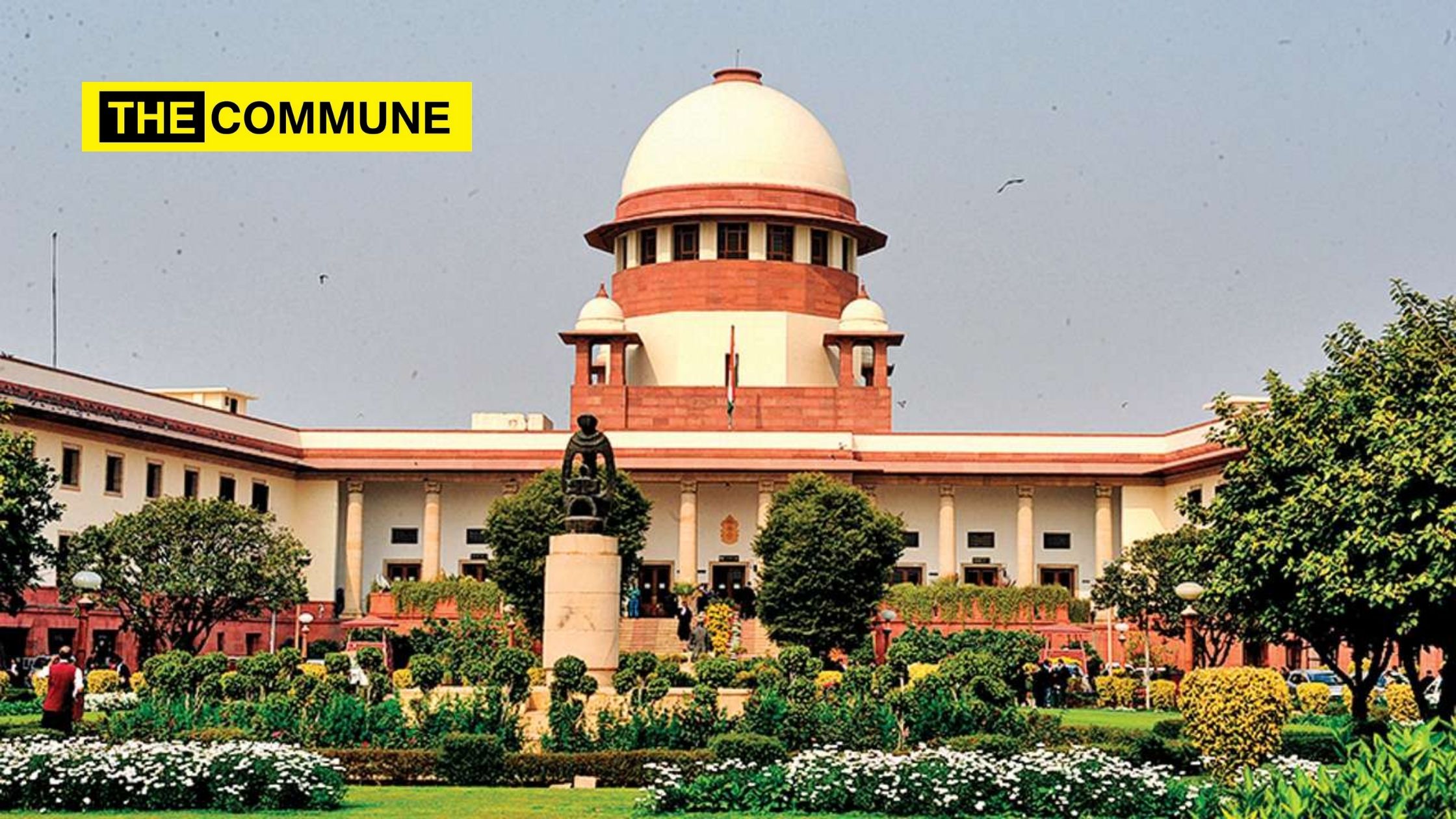
The Supreme Court of India rejected the Karnataka government’s plea against a ruling by the Karnataka High Court, which had declined to classify necrophilia as rape under Section 375 of the Indian Penal Code (IPC) on 4th February 2025. The Supreme Court upheld the high court’s decision to partially acquit the accused, who had committed necrophilia with a woman’s corpse after murdering her. The high court had found the man guilty of murder but cleared him of the rape charge, stating that the offense did not fall under the definition of rape in the IPC.
Following this, the Karnataka government filed a Special Leave Petition (SPL), seeking a review of the verdict. However, Justices Sudhanshu Dhulia and Ahsanuddin Amanullah suggested that the matter be referred to Parliament for potential amendments to the law, if necessary. They added that the state government could provide the necessary representation to Parliament if it deemed any legal changes appropriate.
Aman Panwar, the Additional Advocate General of Karnataka, argued that the term “body” under Section 375(c) should be interpreted to include the deceased, asserting that a dead body, unable to consent, should fall within the scope of the offense. He cited the 1995 Supreme Court judgment in Paramanand Katara v. Union of India, emphasizing the need to treat the deceased with dignity. Panwar also referenced international legal precedents, such as the Supreme Court of Tennessee’s decision in State v. Brobeck, which included dead bodies within the scope of rape laws. Despite these arguments, the bench declined to intervene, stating that necrophilia is not classified as an offense under the IPC.
Karnataka High Court’s Ruling
In 2023, the Karnataka High Court, in a ruling by Justices B Veerappa and Venkatesh Naik T, determined that sexual acts committed on a dead body did not meet the criteria for rape under Section 376 of the IPC. The court absolved a man, convicted by the trial court of both murder and rape for assaulting a 21-year-old woman’s corpse of the rape charges. The High Court ruled that necrophilia did not constitute an unnatural offense or rape, stating that since a corpse is not a “human” or “person,” it did not qualify for protection under Section 375 or 377 of the IPC. The court referred to necrophilia as a psychosexual disorder but urged Parliament to create specific legislation to address such acts.
Additionally, the High Court ordered the installation of CCTV cameras in all mortuaries, both government and private, to prevent crimes against the deceased, especially women. It also emphasized the need for mortuary staff to be educated about the importance of treating the deceased with dignity and respect.
Chhattisgarh High Court’s Similar View
In 2023, the Chhattisgarh High Court echoed similar views, stating that while necrophilia is a heinous act, it does not fall under the legal definition of rape in Section 376 of the IPC or the Protection of Children from Sexual Offences (POCSO) Act. The court upheld the acquittal of Neelkanth Neelu Nagesh, who was accused of raping a minor’s dead body, explaining that rape charges could only be applied if the victim were alive. However, the court acknowledged the seriousness of necrophilia and noted that the rights of the deceased, including dignity, must be preserved.
Global Legal Perspectives on Necrophilia
Internationally, necrophilia is addressed through various legal frameworks that protect the dignity of the deceased. In the UK, the Sexual Offences Act 2003 makes sexual acts with a corpse illegal, while in the United States, laws against necrophilia are enacted at the state level, with many states explicitly criminalizing the act. Canada, New Zealand, and South Africa also have specific legal provisions that cover sexual offenses against the deceased. Many European countries classify necrophilia as a criminal offense, often falling under laws against desecration of corpses or grave robbery.
In India, however, neither the Indian Penal Code nor its successor, the Bharatiya Nyaya Sanhita (BNS) 2023, explicitly addresses necrophilia. The BNS focuses on protecting burial sites but does not provide specific laws for crimes like necrophilia. This gap in the legal framework has led to difficulties in prosecuting such offenses, as seen in the infamous Nithari case, where the lack of specific laws hindered prosecution despite the severity of the crimes committed.
Necrophilia represents a severe violation of both legal and moral norms, not only infringing on the rights of the deceased but also causing emotional and psychological harm to their loved ones. While it may be classified as a psychosexual disorder, similar to other crimes against vulnerable individuals, it is essential that legal systems address this issue adequately. India, in particular, must consider enacting specific legislation to criminalize necrophilia and ensure the dignity of the deceased is protected. The international community has recognized the importance of safeguarding the deceased’s dignity, and India must follow suit to address this grave issue legally and ethically.
(With inputs from OpIndia)
Subscribe to our channels on Telegram, WhatsApp, and Instagram and get the best stories of the day delivered to you personally.




